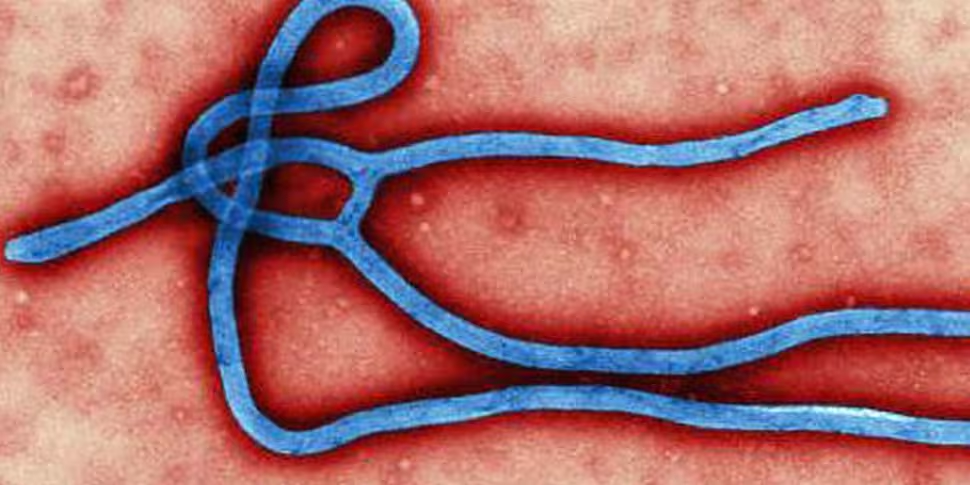Canada says it will donate between 800 and 1,000 doses of an Ebola vaccine they have developed to be used in Africa.
The country says it will take several months to make larger quantities of the experimental treatment.
The latest outbreak has killed more than 1,000 people or around 55-60% of those infected.
The virus has spread to four African countries - Guinea, Liberia, Sierra Leone and Nigeria. The World Health Organisation has branded the outbreak an international health emergency.
The WHO decided yesterday that people with the virus can be given experimental drugs to try and treat it.
Given the severity of the current outbreak, yesterday a WHO panel "reached consensus that it is ethical to offer unproven interventions with as yet unknown efficacy and adverse effects, as potential treatment or prevention" in certain circumstances.
Treatment with experimental drugs requires informed consent, freedom of choice, confidentiality, respect for the person, preservation of dignity and involvement of the community, the WHO said.
The virus has spread to four African countries - Guinea, Liberia, Sierra Leone and Nigeria - infecting a total 1,848 people, according to the WHO, which has branded the outbreak an international health emergency.
It was also confirmed yesterday that a Spanish priest who contracted Ebola while working in Liberia died in a Madrid hospital. Father Miguel Pajares (75) was the first European to have been infected by the current strain of Ebola.









